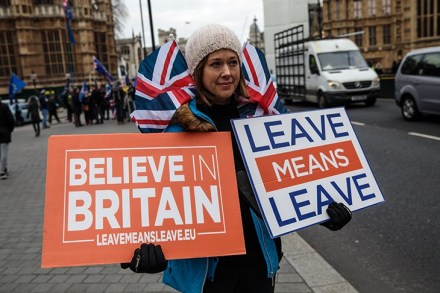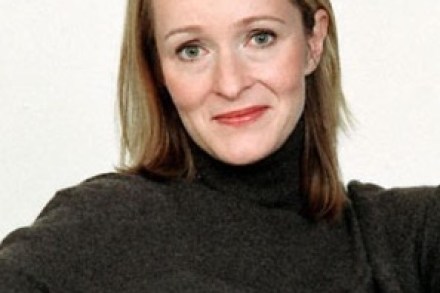Remainers, Leavers, post-imperial dreamers
Our involuntary responses know us better than we know ourselves. As I left King Charles Street in Whitehall last week and passed under the archway into the great court of the Foreign Office — and before I knew where it came from or why — an old and familiar feeling inhabited me. Dejection. This is where I started my working life as an administrative trainee, and those two years were a wretched time: a gradual understanding stealing upon me that I had no talent for this job. This courtyard was the opening scene of my every working day. It struck misery into my soul then, and 45 years later it




















